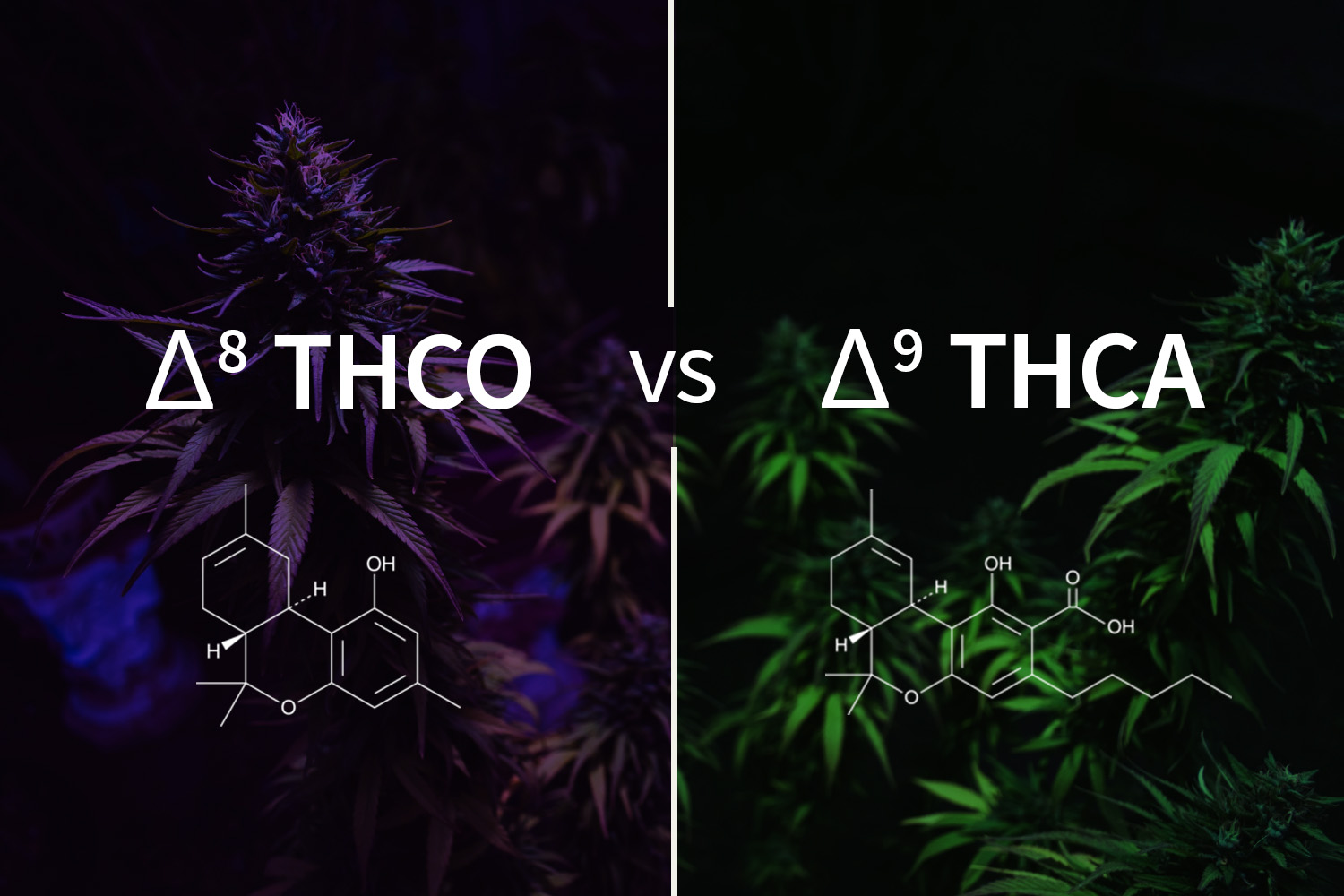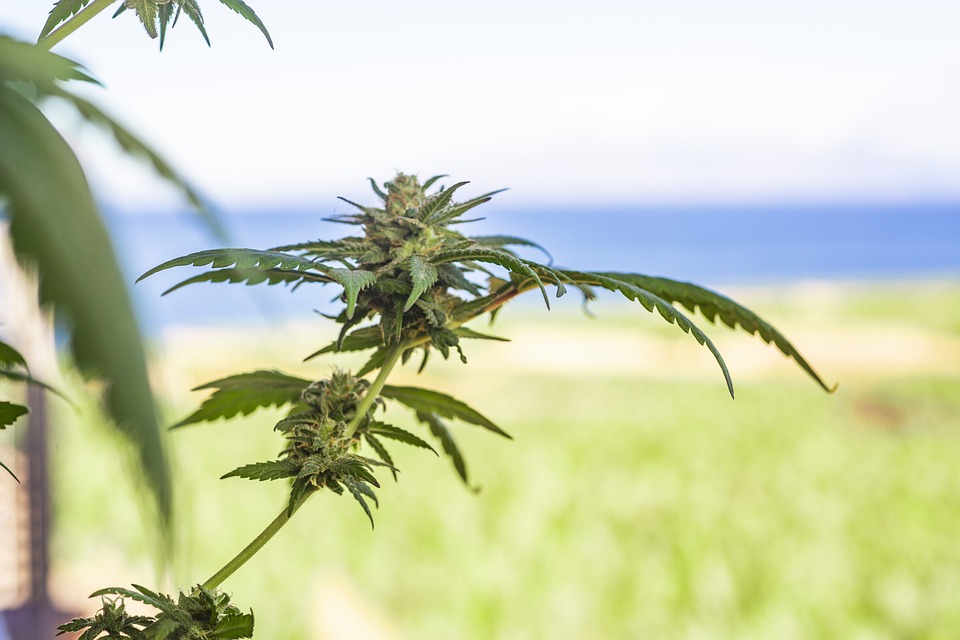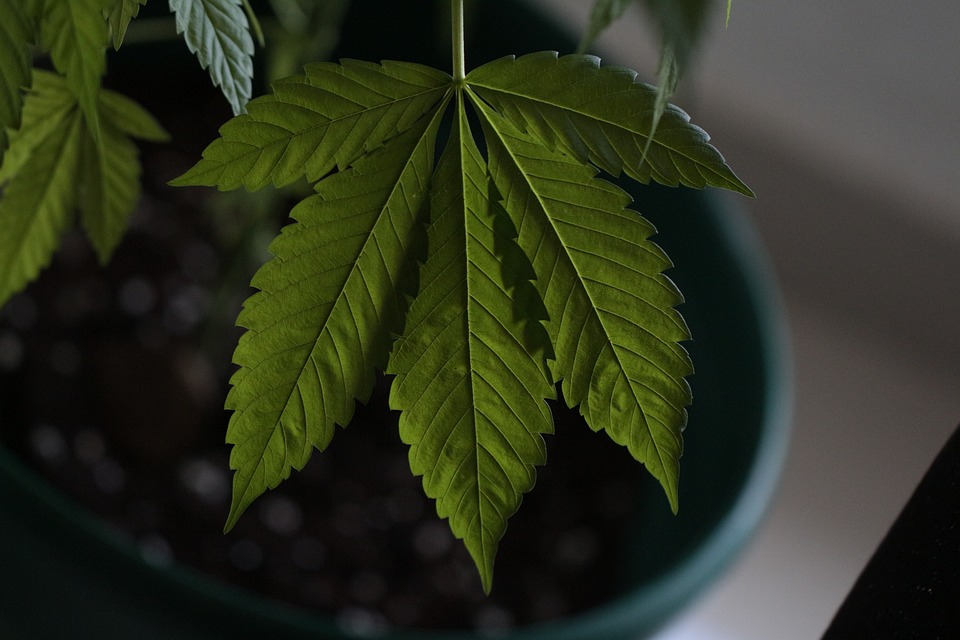THCO and THCA are two cannabinoids that have garnered attention for their distinct properties and effects.
THCO (Tetrahydrocannabinol-O-acetate):
- Synthesis: THCO is a synthetic cannabinoid produced by chemically modifying CBD or Delta 8 THC using acetic anhydride.
- Psychoactivity: Known for its potent psychoactive effects, THCO is reported to be up to three times stronger than THC, with some users describing experiences akin to psychedelics.
- Legal Status: Due to its synthetic nature and high potency, THCO is federally illegal in the United States.
THCA (Tetrahydrocannabinolic Acid):
- Occurrence: THCA is a naturally occurring, non-psychoactive cannabinoid found abundantly in raw cannabis plants, particularly in the flowers.
- Decarboxylation: When exposed to heat, THCA converts into THC, the well-known psychoactive component of cannabis.
- Legal Status: THCA enjoys broader legal acceptance due to its natural presence in hemp.
Key Differences:
- Origin: THCO is synthetic, while THCA is naturally occurring.
- Psychoactivity: THCO is highly psychoactive; THCA is non-psychoactive until it converts to THC through heating.
- Legal Status: THCO is federally illegal; THCA is more widely accepted legally.
Potential Benefits and Side Effects:
Both cannabinoids are subjects of ongoing research, and their full profiles are not yet comprehensively understood. Users should exercise caution and consult healthcare professionals when considering their use.









Comments (0)